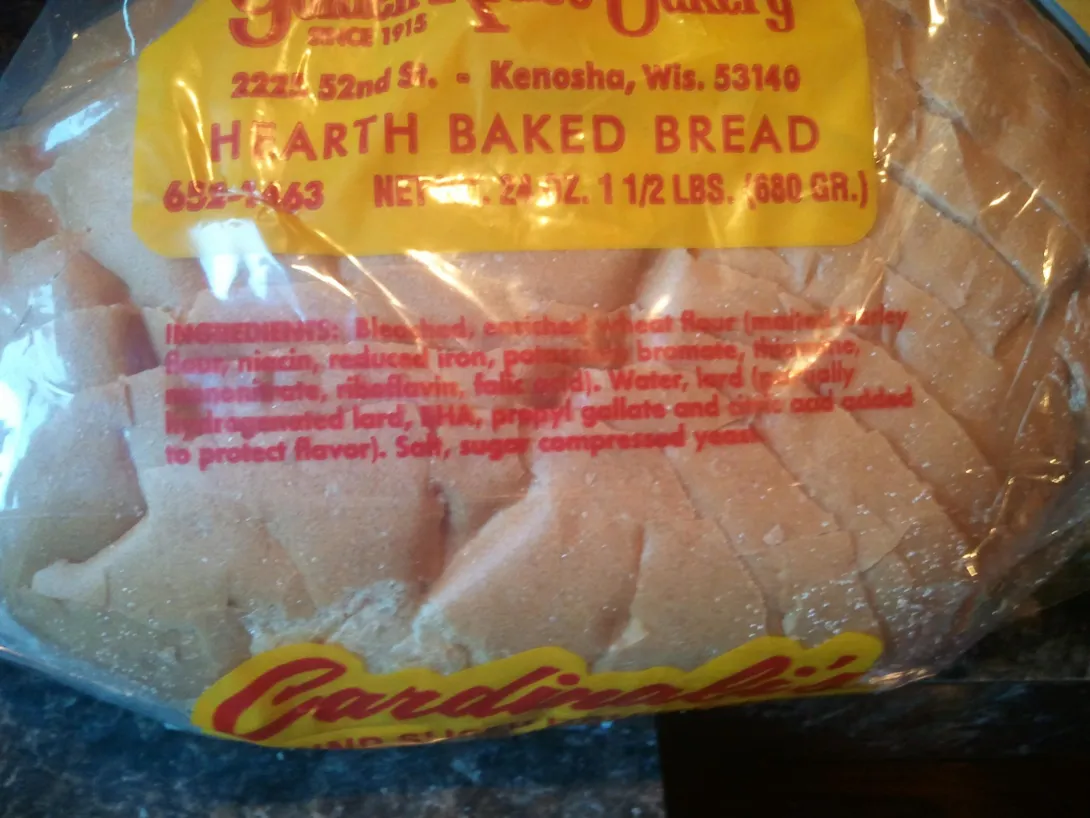
http://www.instructables.com/id/My-ultimate-bread-learn-the-secrets-of-slow-bak/?ALLSTEPS
I've been making Emeril's basic Italian bread lately. Makes a nice bread and also a great pizza crust. I've noticed however, that the amount of yeast he calls for (tried Compressed/Cake and Instant Yeast) rises the bread in half the time he states (in our location at 50% humidity and 75F room temp = 45 minutes to double in size). So I'm faced with either reducing the ambient temp during rise or reducing the yeast. Would I get a better taste with less yeast or cooling the temp?
On that topic (reducing yeast and increasing time), the link above talks about 4-6 hour rises for yeast breads. I've never heard of this as that's getting into sourdough ranges. How accurate do you find the instructions in your own experience?
I grew up in a town that had a great Italian culture and I bought a block of compressed yeast there and used Emeril's recipe and compared to a bakery loaf. The two were similar but the Italian bakery loaves have a less dense texture and more flavor. It's a better overall bread and works as well for PB and J as it does for toast with butter. Just so good! I wonder if they do a longer rise with less yeast. I've noticed that this (my all time favorite Italian) bread uses just six ingredients (bleached flour, water, lard, salt, sugar, compressed yeast). Just so good and I've tried lots of Italian bread. I attached a picture with the ingredients list. I sure wish I could do this at home.
Less yeast equals longer fermentation time therefore more flavour. This is one way to improve the taste using commercial yeast which isn't as flavoursome as sourdough. Reducing the temperature also has this effect. Both are a great way to make tasty bread from commercial yeast. Other ways, which are a variation of the same thing, are poolish, biga and pate fermentee (old dough). Incorporate these methods to improve your recipes.
... and more time generally means more flavour and improved texture...
I bake yeasted breads most days which have had the same overnight ferment time as my sourdough breads. right now there are 8 yeasted loaves on-top of the Rofco proofing in tins after scaling and shaping.
It's just a matter of working out what works for you - time and temperature wise. I find that most of the time 0.9g of yeast per small loaf (330g flour) is fine. It's a bit non-linear though and it also depends on the yeast - I'm using Doves Farm commercial dried yeast right now because I've run out of my usual Bioreal dried stuff. It seems to be more vigourous...
So experiment and see what works for you.
-Gordon
You can use less yeast and ferment at a lower temperature. Either step will alone increase the fermentation time, and so will both together. As Gordon said, experiment and see what works for you, not just in terms of the loaves you produce but also how different combos of yeast and time fit the kind of schedule you'd prefer.